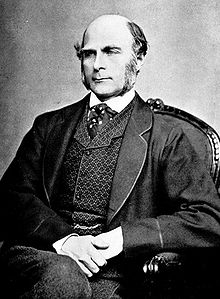You have no items in your shopping cart.
SHOP BY CATEGORY
- Home
-
All Products
- Aprons
- Business Card Holders
- Clocks
- Coasters
- Cushion Covers
- Flip Flops
- Gift Wrapping Paper
- Glasses - Beer
- Glasses - Champagne
- Glasses - Shot
- Glasses - Whisky
- Glasses - Wine
- Jewellery Boxes
- Kitchen Jars
- Luggage Tags
- Mousepads
- Mugs - Coffee
- Mugs - Couple
- Mugs - Magic
- Mugs - Travel
- Paperweights
- Passport Holders
- Passport Holders (Zip)
- Pencil Cases
- Piggy Banks
- Pocket Mirrors
- Puzzles
- School Tags
- Towels - Bath
- Towels - Hand
- Wallets - Boys
- Wallets - Girls
- Wallets - Men
- Wallets - Women
- Water Bottles
- Umbrellas
![banner right]()
- Return Gifts
- Anniversary & Wedding
- For Him
- For Her
- For Kids
0item(s)
You have no items in your shopping cart.






